Students craving fresh fruits and vegetables or ingredients for a home cooked meal have to venture off-campus for a wider selection of meat, dairy and produce.
Marquette needs a campus grocery store to better serve students who don’t want to eat Jimmy John’s or Qdoba seven days a week.
Half the student population lives off campus, many without meal plans or access to fresh food. Underclassmen who do have meal plans also struggle to find nutritious options other than cafeteria food.
Open Pantry and Walgreens offer basic foods like milk, canned goods and dry snacks, but these items are overpriced and limited.
For students who don’t have cars, it’s difficult to reach grocery stores. And students who take the bus to Metro Market, Pick ‘n Save or Whole Foods have to haul heavy grocery bags while waiting at the bus stop in rain, sleet and snow.
Mike Whittow, assistant to the vice president in the Office of Administration, said opening a grocery store has been the number one request from the campus community for the last 10 years.
Marquette should initiate a university-owned grocery store, making it a student enterprise.
The College of Business Administration could handle the store’s finances, providing business students with hands-on, relevant experience. The enterprise could create more campus jobs for students.
The main obstacle is finding a location when space is tight.
June Moberly, executive director of the Avenues West Association, said the university has acquired a building on the northeast corner of 12th and Wells streets. Marquette could repurpose this property for a small grocery store.
Not only would this appeal to students, but it would also attract residents in the area, employees from Aurora Sinai Medical Center and campus administrators.
Robert Bauman, 4th district alderman of Milwaukee, said there hasn’t been a grocery store on or within a mile of campus for 25 years.
The city has tried to develop its vacant lot at 27th Street and Wisconsin Avenue into a grocery store, Bauman said.
Developers claim the site doesn’t support a full-service grocery store because it’s only one square block with limited parking.
Bauman said city officials are open to a grocery store at 27th and Wisconsin and will provide incentives to build a facility there.
A potential store there raises public safety concerns and perhaps students would choose to take the bus to the Pick ‘n Save on Van Buren anyway.
Moberly, of Avenues West, said a grocery store was once planned for Marquette’s campus.
In 1993, Patrick LeSage, president of the former Marquette organization Campus Circle, which aimed to revitalize the campus community, proposed a 15,000 square foot grocery store on the ground floor of Campus Town East.
Unfortunately, no developers jumped to occupy the space, so Campus Circle had to scrap the grocery store plans.
Marquette’s campus has changed in the last 16 years. It’s safer and enrollment is at an all-time high. Both factors would support an economically viable grocery store on campus.
Open Pantry’s limited selection cannot be our only option for food — students looking for a balanced meal should be able to find it on campus.

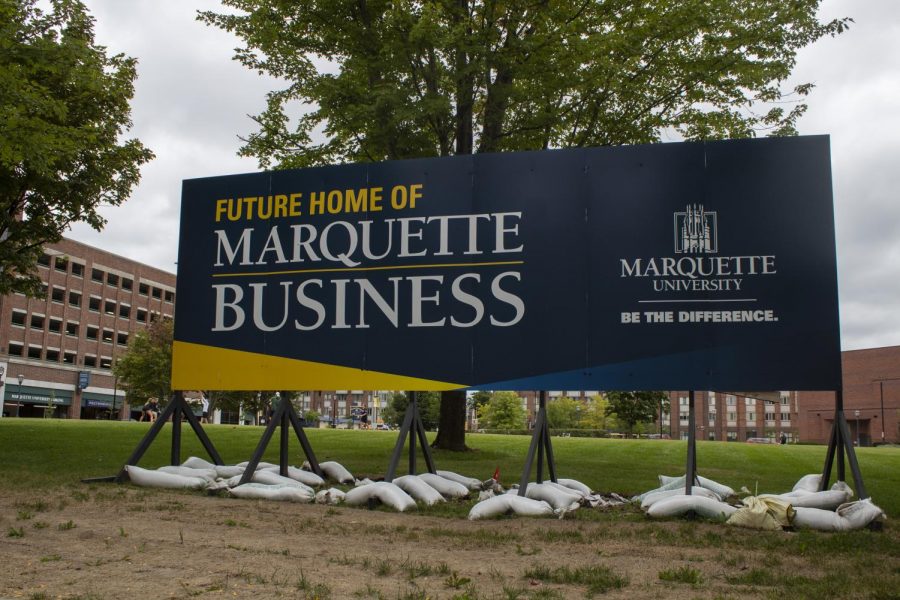
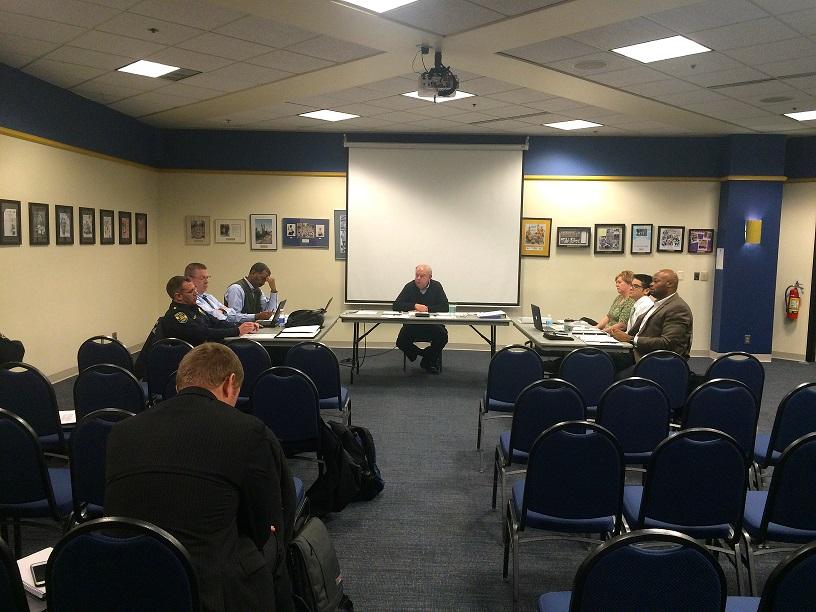
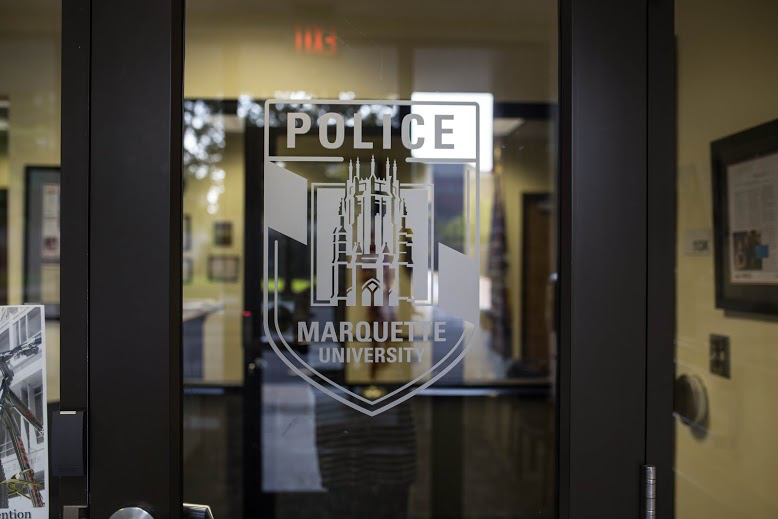
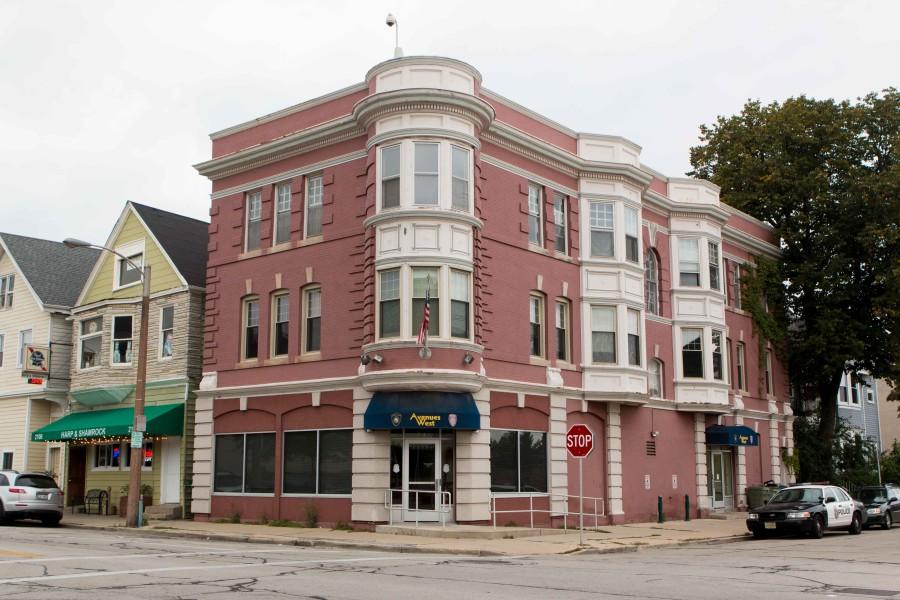
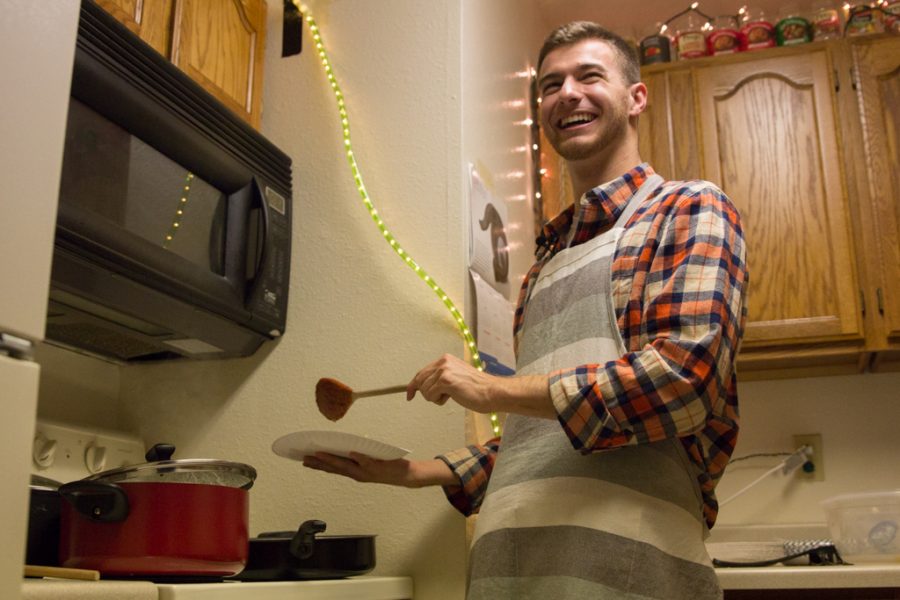

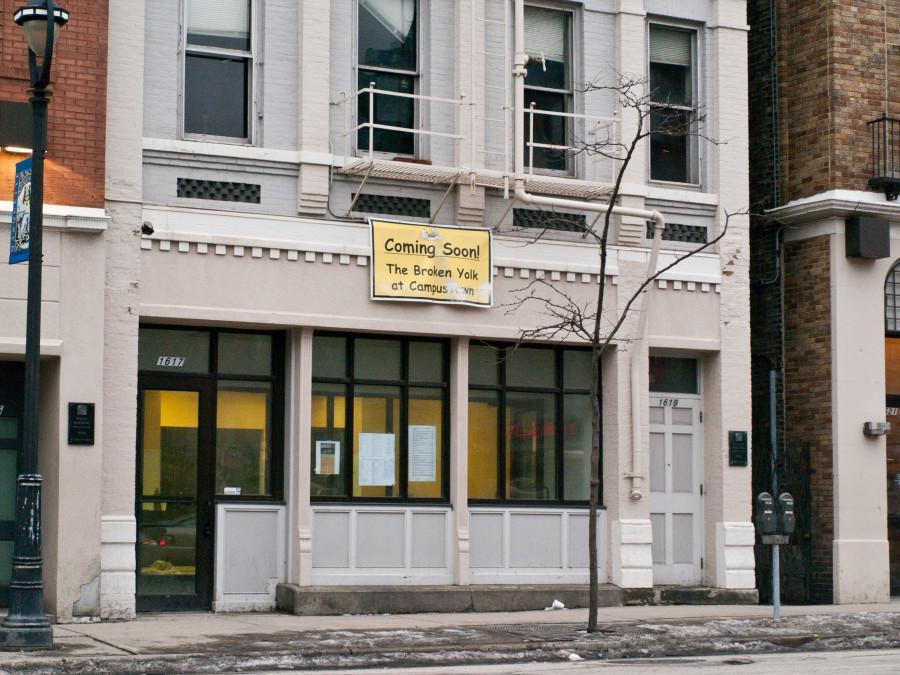
Down to Earth • Sep 30, 2009 at 1:44 am
That’s nice and all…but what about the central fact that we already have a problem with filling vacant buildings around campus? The common sense answer is that the demand for a grocery store isn’t there.
Do students want it? Yes. Is that enough to keep it afloat and not running in red ink? Probably not.
What makes you think that the University can make this endeavor possible (not losing money/aka using tuition dollars to keep it alive)when private enterprise cannot? Its not like any vendor is beating down the doors to rent out business spaces on campus.
Get Real.
Instead of these far fetched ideas the University should continue to purchase old, run down buildings and knock them down/improve them. This will bring up property values as a whole, improve the area, and attract more business overall.
Bottom line: To bring more desirable businesses on campus we need to improve campus and the area, not create a bureaucratically run, University owned storefront.